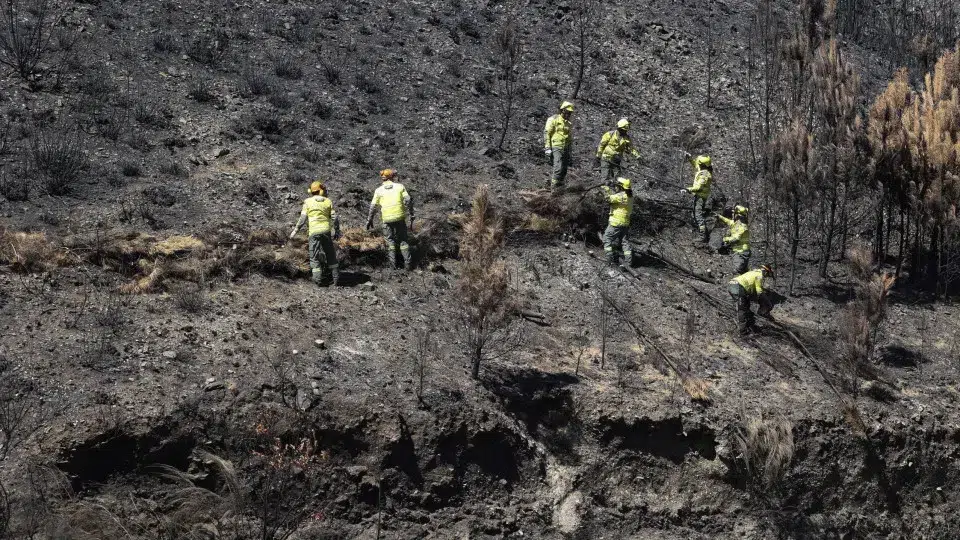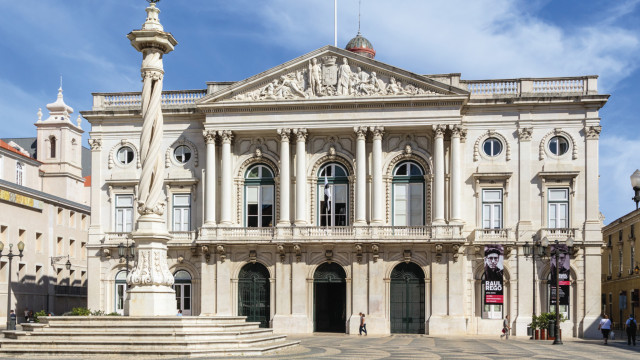
The Ministry led by Maria da Graça Carvalho announced that interventions following recent wildfires are divided into two categories: emerging and critical, which are largely completed, and urgent interventions.
Emerging and critical measures, including ash retention, cleaning, and clearing water lines and soil retention, are conducted by the Portuguese Environment Agency (APA), Institute for Nature Conservation and Forests (ICNF), and municipalities, amounting to 3.7 million euros.
The signing of agreements with municipalities is scheduled for the 26th in Sátão, Viseu district.
For urgent but non-emerging tasks, such as infrastructure reconstruction and medium-term projects, totaling 15 million euros, identification and assessment were carried out with affected municipalities, according to the ministry.
Interventions in protected areas like the Natura 2000 Network and adjacent high-value natural territories began exceptionally quickly due to legislation for rural fire support and impact mitigation (effective since July 1, published on August 24) and a regulatory decree on August 29.
The ministry highlighted that these regulations expedited administrative processes, enabling APA and ICNF to commence urgent tasks, such as water protection and control at Vilar, Ferradosa, and Vilarinho das Furnas reservoirs, and supply systems at Pomares, Vila Cova do Alva, and Alagoa (Arganil).
“Priority interventions included ensuring public water quality and safety by protecting and controlling water lines from ash contamination,” the ministry stated.
Sediment retention barriers were constructed along water lines, with continuous monitoring of water quality at collection points. Additionally, affected sections were cleaned and cleared, restoring natural water flow and prioritizing upstream interventions in fire-affected areas.
The decree outlines emergency stabilization measures, including the removal of burned vegetation, control of invasive woody species, road network repair, and forest residue structures along contour lines.
Structural and medium-term measures may extend up to three years post-fire and focus on ecological restoration and rehabilitation, encompassing watershed protection, water line recovery, soil conservation, and flora and fauna restoration.
This summer, Portugal faced numerous large-scale rural fires in the North and Center regions.
The fires resulted in four fatalities, including a firefighter, several injuries, and destruction of residential properties, as well as agricultural and forest lands.
By August 31, 2025, the burned area totaled 254,000 hectares, making it the third worst year for wildfires, according to the Integrated Rural Fire Management System.




